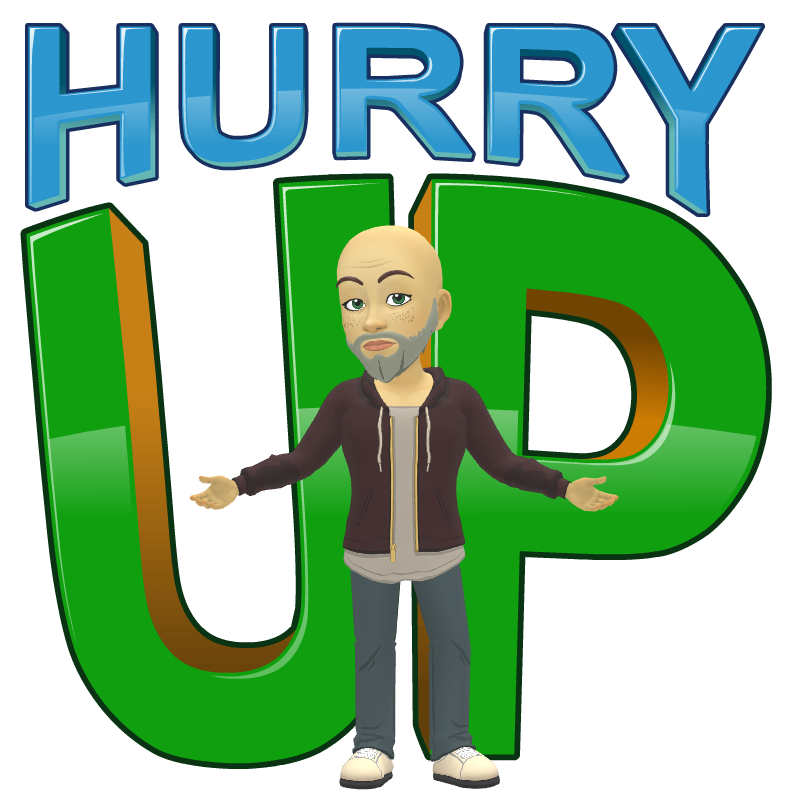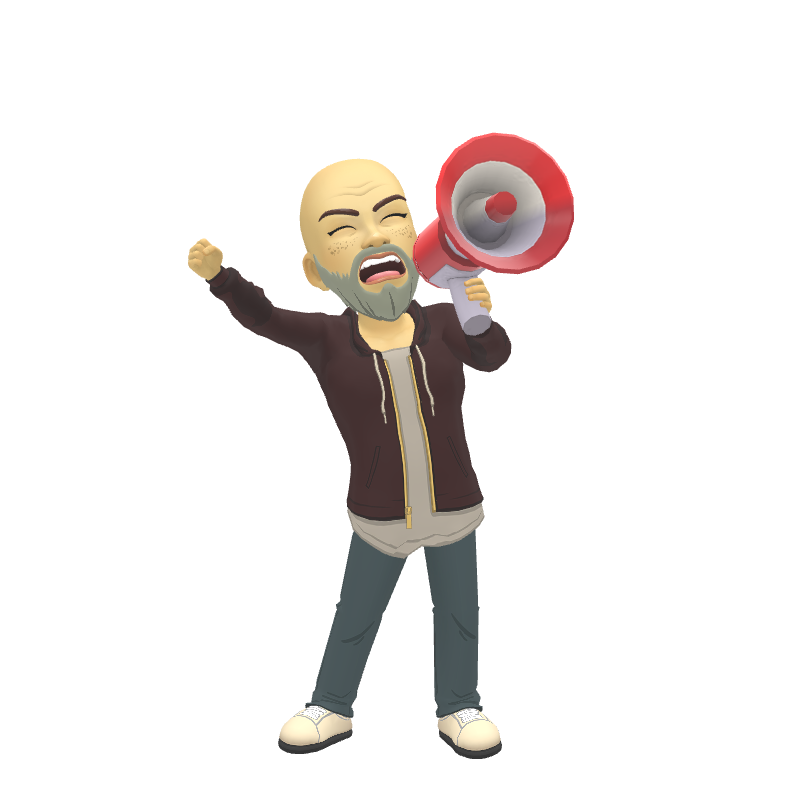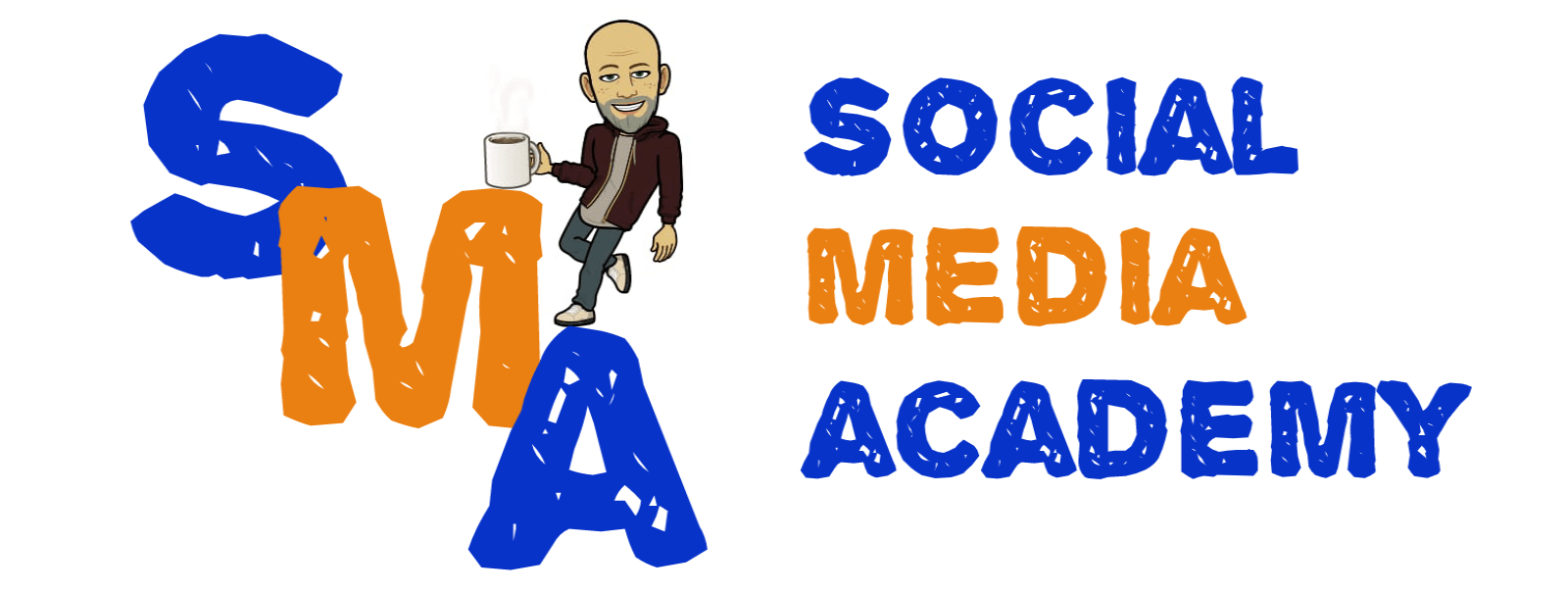The Elusive Clock: Time Blindness and the ADHD Entrepreneur

Time. It's a fundamental construct that governs our lives and businesses. For many, it's a predictable, linear progression. For those of us with ADHD, it can feel more like a fluid, unreliable substance – something we struggle to grasp, estimate, and navigate effectively.
The concept of "time blindness" is often used to describe this disconnect, and it's a challenge that I, and I know many other ADHD entrepreneurs, grapple with daily.
One of the most common manifestations of this time blindness is a profound lack of awareness of the present moment in relation to the future. I might have a deadline looming, a crucial meeting scheduled, or a simple task that needs doing, yet the urgency often doesn't register until it's almost upon me.
It's not procrastination in the traditional sense; it's more like the future exists in a hazy, distant realm that doesn't quite feel real until it suddenly crashes into the present.
Then there's the wildly inaccurate estimation of how long tasks will actually take. In the throes of hyperfocus, especially, minutes can feel like seconds, and hours can vanish into thin air. What I anticipate will be a quick "ten-minute job" can easily morph into a multi-hour deep dive, leaving other pressing matters completely neglected.
It's like my brain operates on its own internal clock, one that rarely aligns with the standard 24-hour cycle.
Your example of the impending Zoom call is a classic illustration of this time discombobulation. Knowing you have a meeting in ten minutes would, for many, signal a need to wrap up current activities and prepare.
But for the ADHD brain, that ten-minute window can suddenly seem like an eternity, a vast expanse of potential productivity. "I can definitely squeeze in putting a wash on!" the internal monologue might declare. But then, the inevitable distraction strikes – a rogue speck of dust. And, as anyone with ADHD knows, a single speck of dust can be the gateway to an entire house-cleaning odyssey.
The result? Either a frantic, slightly flustered arrival to the Zoom call, or yet another unfinished task added to the ever-growing list. The intention was there, but the awareness of the finite time available, and the ability to prioritise accordingly, simply wasn't.
This lack of temporal awareness extends to planning and scheduling. When someone asks how long a project will take, my initial estimate is often wildly optimistic, based on the ideal scenario where my focus remains unwavering and no unexpected distractions arise (a scenario that, let's be honest, is about as likely as finding a unicorn in my garden).
This can lead to over-promising and under-delivering, creating unnecessary stress and potential disappointment.
Interestingly, my relationship with time seems to flip entirely as the day progresses. While many people find their energy waning in the evening, my brain often decides that the late hours are the perfect time to ignite.
Around 11 pm, when the world is quieting down and others are preparing for sleep, I can suddenly find a surge of focused energy. A task that seemed insurmountable during the day can become intensely engaging, leading to hours of hyperfocused work.
The concept of a "reasonable" bedtime goes out the window, and I might find myself finally drifting off to sleep around 3 am, only to wake up a few hours later, surprisingly energised and ready to pick up where I left off (that is, if a new, more compelling distraction hasn't presented itself!).
This nocturnal productivity, while sometimes beneficial, further highlights the disconnect from conventional time structures. It's like my internal rhythm operates on its own schedule, often out of sync with the demands of a typical workday.
Navigating the world of entrepreneurship with this wonky sense of time requires conscious strategies and a healthy dose of self-compassion. It's about acknowledging that time blindness is a real challenge and finding ways to work with it, rather than constantly fighting against it.
This might involve external aids like alarms and visual timers, breaking down large tasks into smaller, more manageable chunks, and building in buffer time for those inevitable rabbit holes. It's a continuous learning process, a constant recalibration in our relationship with the elusive clock.
Blog










